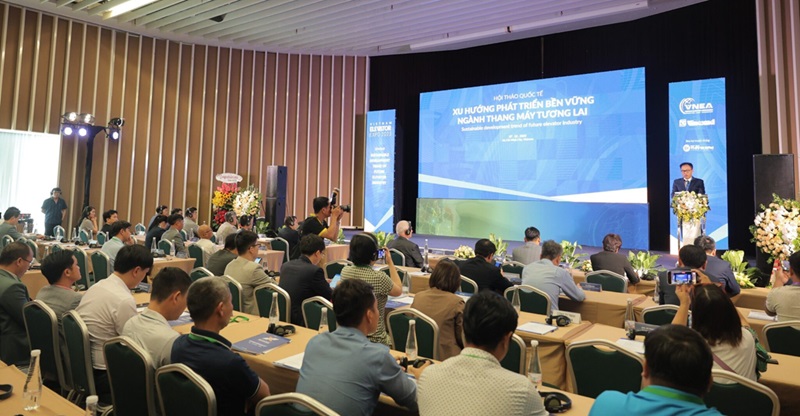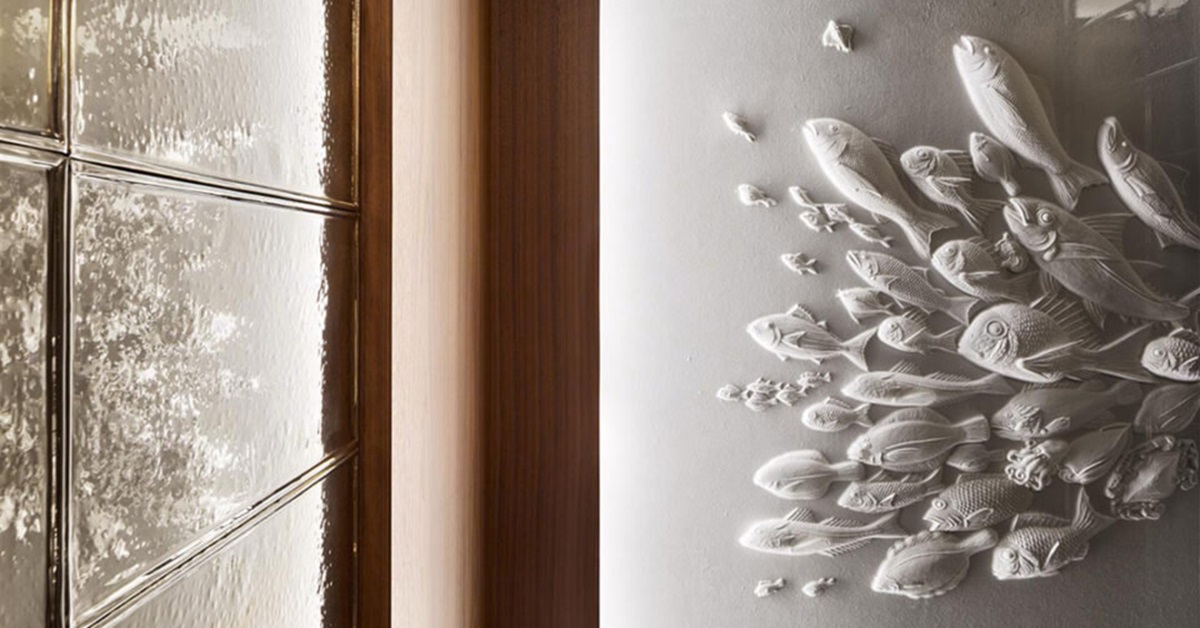Every market, every product, every business success or failure is determined by the consumer. When consumers turn away, that’s when businesses fail.
Why does Schindler Elevator (Switzerland) have to leave the Japanese market?
The elevator accident in Minato Ward (Tokyo, Japan) was an incident that occurred in June 2006 that shook the Japanese public’s confidence in the safety of elevators across the country. In June 2006, in Minato, a 16-year-old high school student was killed by an elevator manufactured and maintained by the Schindler Elevator K.K. Company and is currently maintained by SEC Elevator Co., Ltd. The victim was backing his bicycle out of the elevator when the elevator suddenly ran up with the door still open, causing the victim to get stuck between the floor and the door frame, dying of suffocation and skull fracture.
During the investigation, media attention focused on the Schindler Corporation, a Swiss manufacturer of elevators and escalators, which at the time was operating in Japan as Schindler Elevator K.K.
Of the 8,800 Schindler elevators installed in Japan, 85 have trapped people. Investigations show 6 cases in Japan when elevators moved with doors open. Produced between 1997 and 1998, they used the same circuit board model currently being studied by Schindler. The question was raised about what caused the error, Schindler Elevator head K.K. assumed that the error could be caused by a damaged control board. Elevator are equipped with additional safety devices against going up.
Just 6 years later, in October 2012, a similar fatal accident occurred at a hotel in Kanazawa City, Ishikawa Prefecture. This accident was also caused by a Schindler elevator.
Losing trust from customers, in April 2016, Schindler officially had to give up the Japanese market. The Japanese Schindler Corporation continues to exist to complete legal proceedings related to the ongoing elevator accidents, but this business does not trade in any products or services. The maintenance of this company’s products are handed over to Nippon Otis to undertake. The Japanese government also promulgated additional laws on safety devices to ensure the safe operation of elevators after people’s shock.
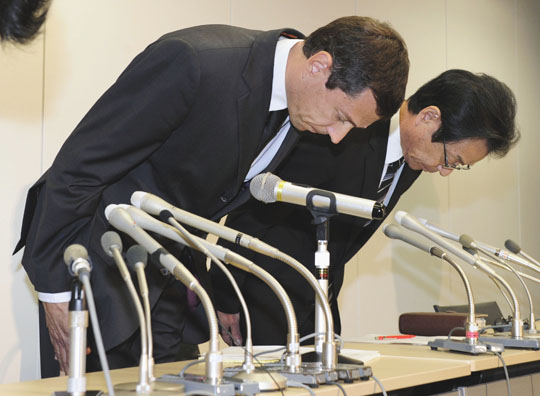
Representative of Schindler Elevator K.K. Public apology and notify about withdrawal from the Japanese market
In any market, the person who determines the success or failure of a business will always be the customer – the consumer, because as long as the consumer no longer believes in or no longer uses the product, the future of the business will be determined.
Trust…how difficult is it?
After the scandal of selling Chinese silk scarves but labeled “Made in Vietnam”, Hoang Khai, Chairman of Khai Duc Co., Ltd (Khaisilk brand) bowed his head to apologize to consumers and closed the entire Khaisilk store system to investigation service.
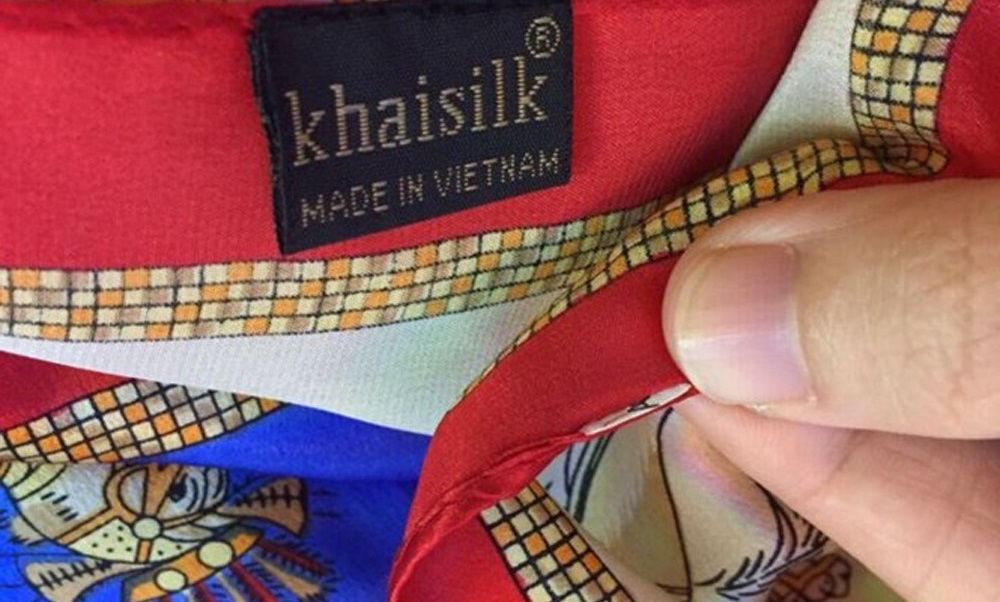
Once a proud Vietnamese brand, but customers don’t trust in Khaisilk anymore.
It’s just trust, but it’s a determining factor in customer buying and selling behavior. Origin, price, quality, safety, … are all important factors that customers receive information in an aggregate form, not independent, instantaneous. That is, if you want to develop long-term, businesses need to create trust with customers and maintain it throughout the development journey of the business, not just at the time of selling products to customers. “Once distrustful, ten thousand times distrustful”, the lesson from Schindler is about safety, Khaisilk’s is about the origin.
Even if a business reaches the threshold of monopoly to distribute a product, consumers are left with no other business choice, but they can still choose not to use the product if they do not trust it.
According to Maslow’s Hierarchy of Needs, two levels create the basic foundation of human beliefs: 1: Physiological needs and 2: Safety needs. Before heading to products that bring high social, emotional and self-esteem values, every product needs to meet a basic need. Schindler had to leave the Japanese and European market because it could not guarantee the safety needs of consumers. And in the end, all five factors are still based on customer trust.
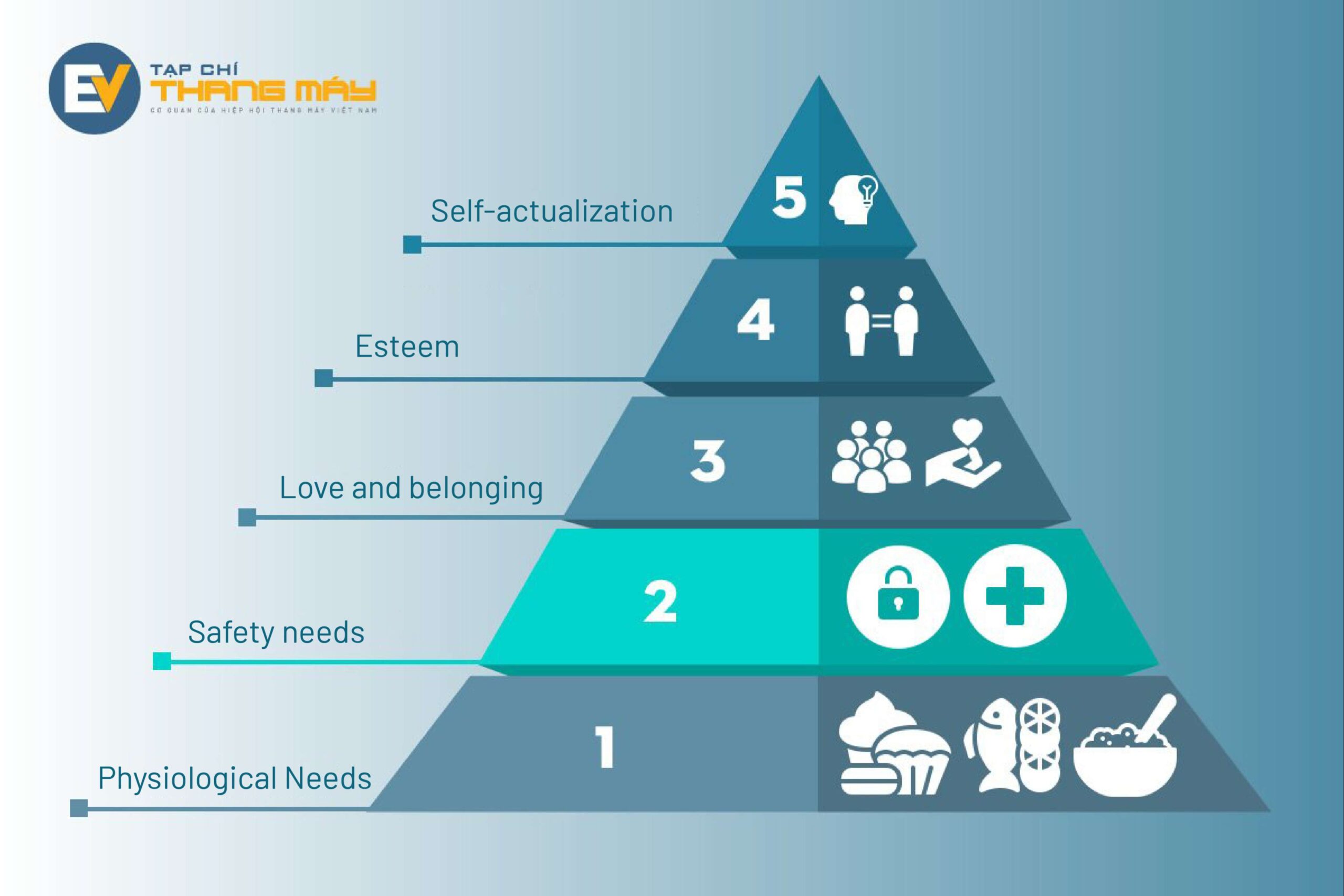
Maslow’s hierarchy of needs according to human needs
Consumer power: real power
Article 8 of the Law on Protection of Consumer Rights provides for the rights of consumers:
In addition, this Law also stipulates on the right to information protection, protection of interests in transactions with individuals conducting commercial activities independently, regularly, without having to register for business, etc. That shows, consumer have “real rights”, in cases where their interests are infringed, consumers are fully protected by law.
But not only have hard power, consumers also hold soft power – the ability to decide the success or failure of businesses. When customers are satisfied with the products and services of the business, the customer will protect the business, maintain the success of the business, advertise for free for the business, etc. But when the business betrays the trust of customers, that is the time when businesses push themselves on the road to meet the death. Consumer choice is the ultimate outcome. All business tricks, deceitful filters are to destroy the opportunity to accompany customers on this life-or-death journey.
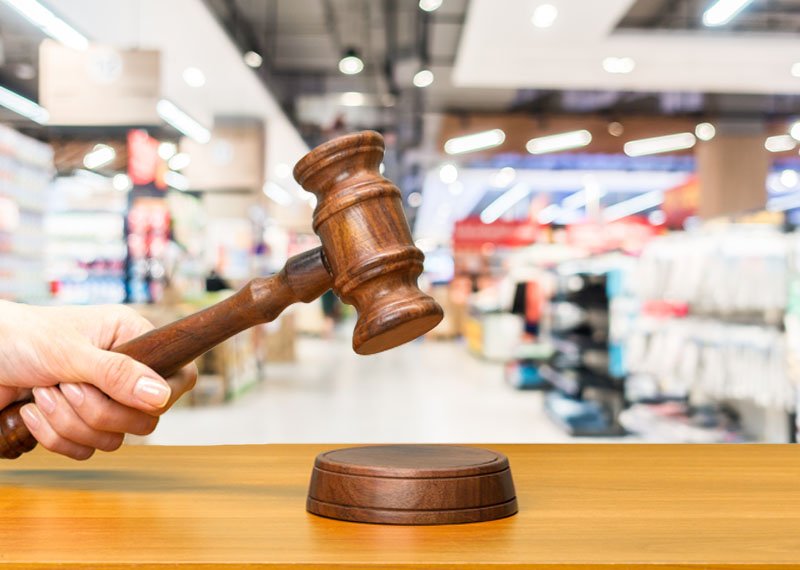
The customer is the “final judge” in the business competition
“There is only one boss: the customer. And that person can fire everyone in the company from the president down, simply by spending their money elsewhere.” Sam Walton – founder of Walmart and Sam’s Club once said that, and there is no way to retain customers but to create and maintain their trust in the products and services of the business.
Hien Minh - Ha My
Designer: Anh Sang
